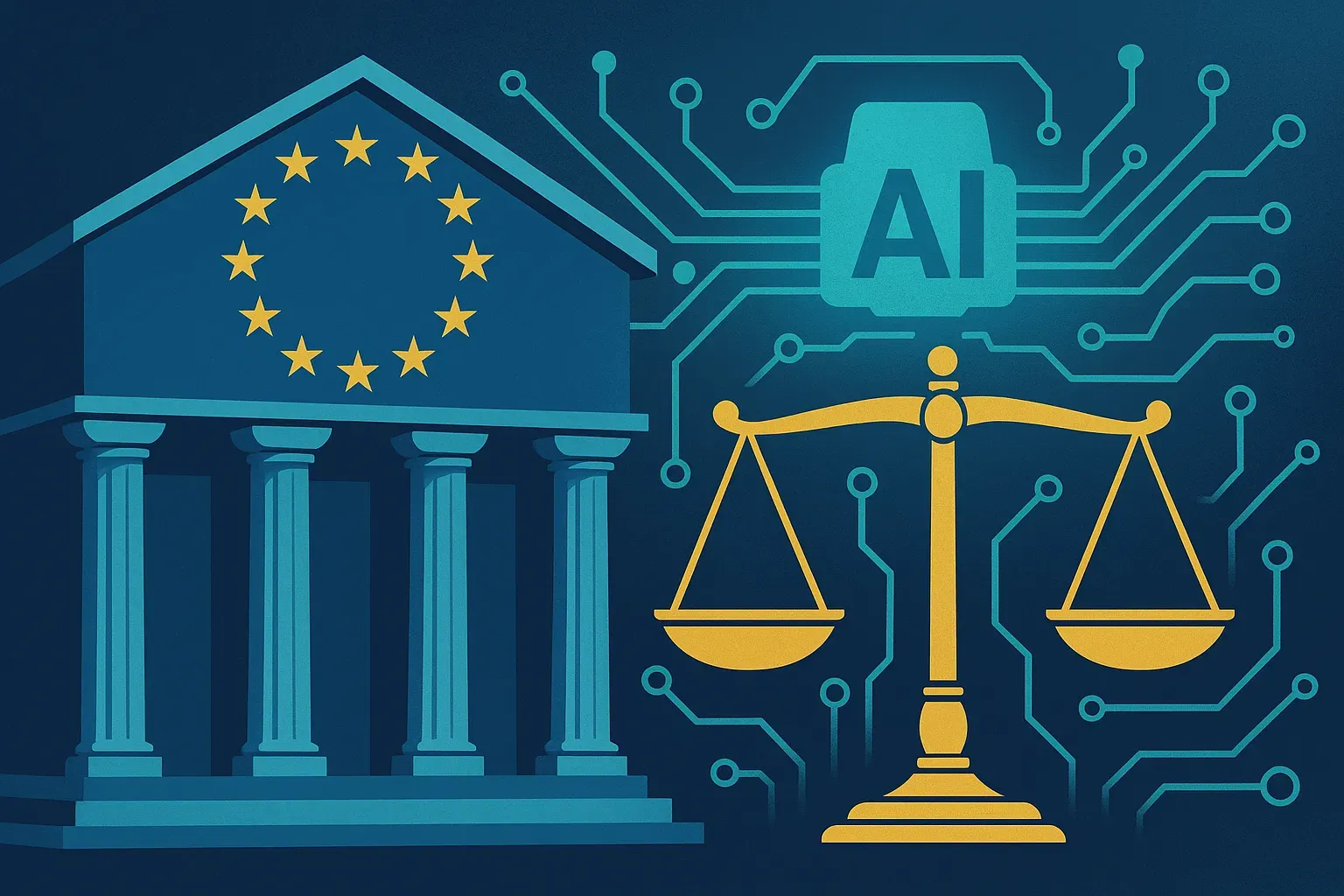Nvidia boss Jensen Huang says the AI boom is only starting. He compares the moment to a new industrial revolution and highlights record revenue, huge demand for Blackwell chips and challenges in China.
Nvidia CEO Sees AI Boom Just Getting Started
A New Industrial Revolution
In a recent earnings call, Nvidia boss Jensen Huang argued that generative AI is still at the dawn of a sweeping technological shift. The chief executive likened the current moment to a "new industrial revolution" and predicted that companies, governments and researchers would spend trillions of dollars on AI infrastructure over the next few years. Demand for the company’s new Blackwell chips is so intense, he said, that production slots through 2026 are already booked. Huang’s message was clear: the AI race has only just begun, and Nvidia intends to lead it.
Record Revenue and Cautious Guidance
Nvidia’s latest results underscore why Huang remains upbeat. For its fiscal second quarter, the chipmaker reported around US$46.7 billion in revenue, a 56‑percent increase from a year earlier, while net profit surged to about US$26.4 billion. Sales of data‑centre processors used to train large language models accounted for much of the growth. Even so, the company’s third‑quarter outlook of roughly US$54 billion fell short of lofty expectations because it excludes sales to China. Investors pushed the stock lower despite the blockbuster quarter, highlighting how high the bar has become.
Blackwell Chips Fuel Demand.
Huang devoted much of the call to extolling Blackwell, the successor to Nvidia’s Hopper architecture. He said the new platform allows customers to process enormous datasets more quickly and efficiently, and noted that orders from cloud giants and research labs have already consumed available supply. Industry analysts agree that capital spending by hyperscale operators such as Microsoft and Amazon continues to drive Nvidia’s growth. With Blackwell Ultra processors sold out through 2026, many see the company’s position at the heart of the AI boom as secure.
China, Trade Policy and Geopolitical Risk
The upbeat narrative is tempered by uncertainty over U.S. export rules. Nvidia’s revenue forecast leaves out China because the company has yet to receive clearance to ship scaled‑down versions of its most powerful chips. Huang said Nvidia is willing to share a portion of Chinese sales with the U.S. government if licenses are granted, and he pointed out that China houses roughly half of the world’s AI researchers, making access to that market essential. Recently the U.S. lifted a ban on the company’s H20 chip in exchange for 15 percent of Chinese revenue, while Beijing has urged domestic firms to avoid U.S. hardware. The push and pull between Washington and Beijing leaves future demand clouded.
Market Reaction and Outlook.
Despite record earnings, the market reaction shows how sensitive investors are to any hint of slowing momentum. Nvidia’s share price slipped after the results, and some analysts warn that valuations across the AI sector assume near‑perfect execution. OpenAI chief Sam Altman has cautioned that investors may be "overexcited" about AI. Still, many believe the boom is just beginning. Huang told investors that opportunities extend beyond cloud computing to enterprise software, robotics, autonomous vehicles and biotechnology. Market strategists say Nvidia’s technical lead, deep expertise and manufacturing scale position it to dominate AI infrastructure for years to come. Whether the company can navigate geopolitical headwinds and sustain breakneck growth remains to be seen, but for now, Huang’s confidence in the AI revolution is unwavering.




